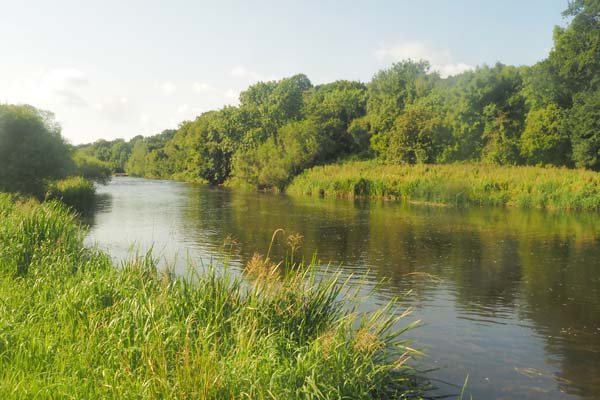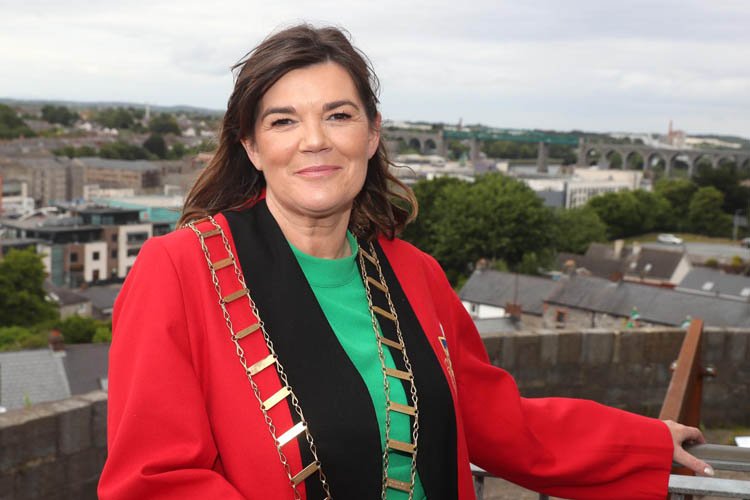The place where Irish warrior Fionn mac Cumhaill of the Fianna caught his salmon of knowledge – the river Boyne – is in real danger.
Salmon stocks have plummeted on the famous river with devastating consequences for local fishermen and tourists.
The warning came today from the Boyne River Trusts whose job is to protect the world renowned waterway.
It said: “The River Boyne is experiencing widespread ecological stress and its iconic salmon are among the most visible casualties.
“Beyond its cultural value the salmon also supports a once thriving fishing tourism economy in the region.
“As stocks decline angling activity has dropped significantly, impacting local businesses in the tourism and hospitality sectors.
“Marine survival of salmon is at an all time low and while fishing in the North Atlantic may well be contributing to the unprecedented pressure on wild salmon populations recent advice from top salmon scientists also identifies degradedy freshwater habitats as a key contributing factor.”
A May, 2024 EPA Report – Environmental Protection Agency- discovered that almost half of monitored surface waterbodies in the Boyne catchment area are now at risk of failing to meet their environmental objectives.
The EPA identified three core pressure points – pollution from agriculture, physical changes to river structure and discharges from wastewater treatment plants and domestic systems.
The Boyne River Trust now wants the Government to fund a pro-active, in river restoration programme to buffer against the effects of poor marine survival and to help maintain a viable self sustaining wild salmon population in the River Boyne and its tributaries.
Chairperson of the Boyne Rivers Trust Jack Rogers said:” We can’t afford to point fingers or delay any longer.
The decline of salmon on the Boyne is a warning signal that our entire river system is under threat.
“While activity at sea plays a role, the most immediate and solvable problems are right here in the catchment.”
The Trust is now calling on government bodies, landowners, farmers, communities and environmental organisations to work together urgently to reverse this trend.
It said the solutions are already known and what is needed now is action.




